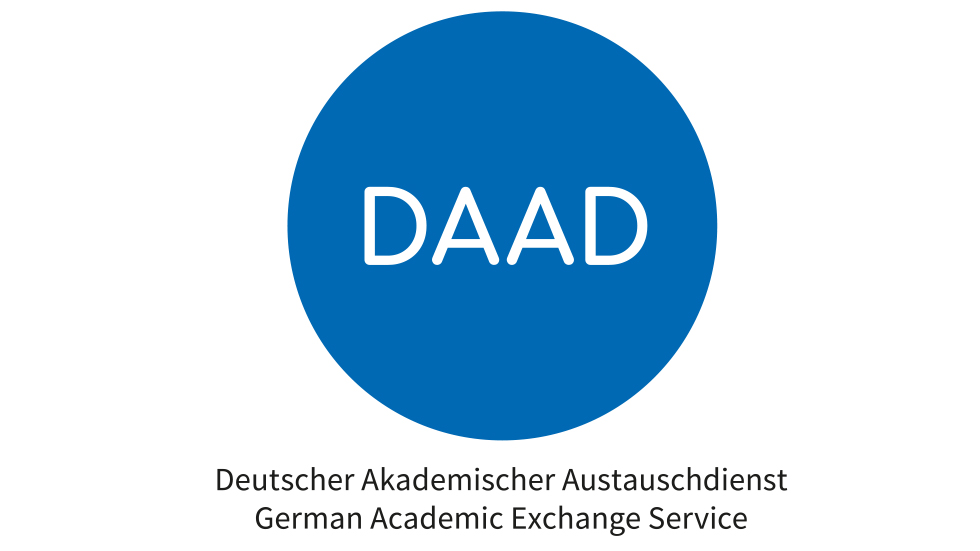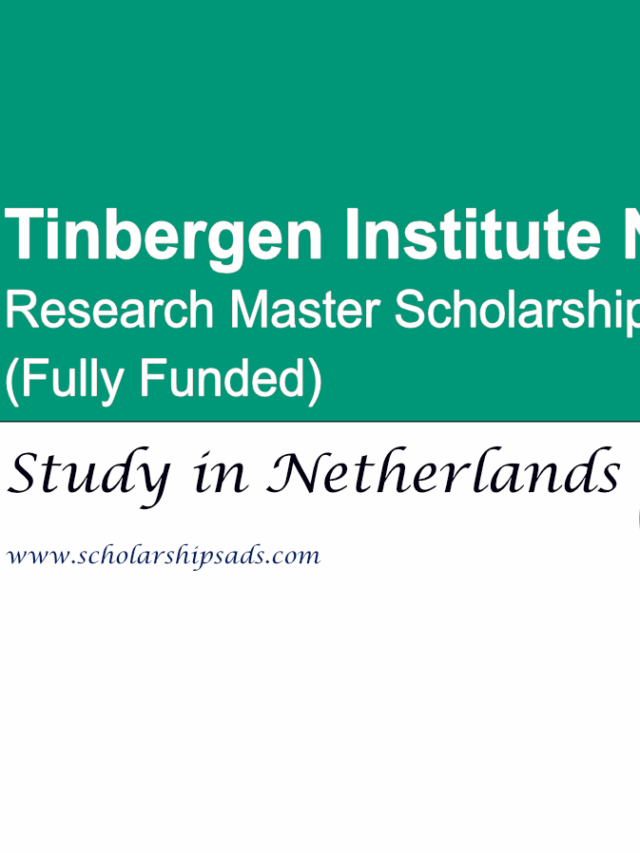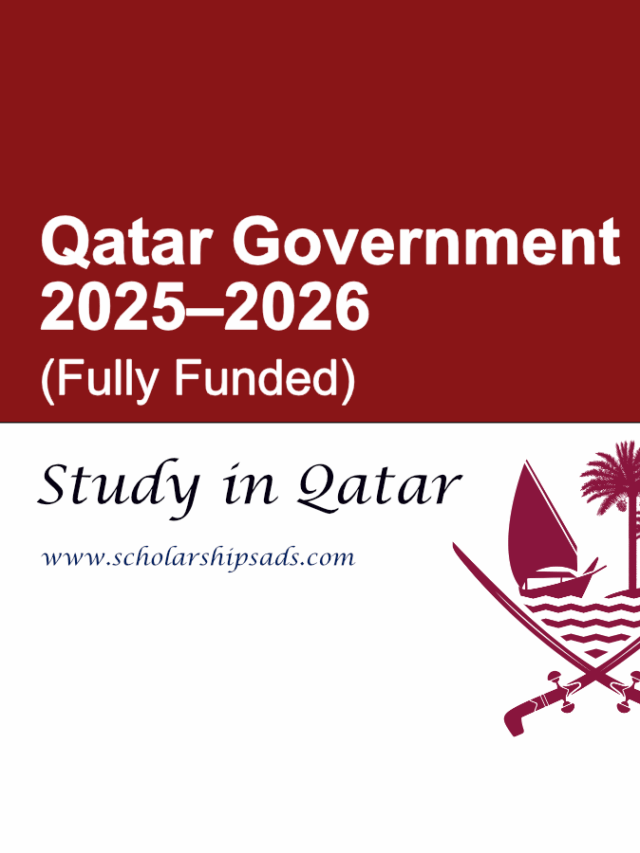UK University of Leeds PhD Studentship in Algorithms 2026 (Fully Funded)
The University of Leeds is offering a fully-funded PhD studentship in Algorithms and Complexity for highly motivated students with a strong background in computer science or mathematics. This 3.5-year research opportunity is based in the School of Computer Science and focuses on Parameterized Complexity and Approximation, a rapidly growing area in theoretical computer science. The project aims to develop more efficient parameterized approximation algorithms and preprocessing algorithms (kernelization) for a wide range of NP-hard graph problems.
University of Leeds is a prestigious, research-intensive university located in Leeds, West Yorkshire, UK. Established in 1904, it is a member of the Russell Group of leading UK universities and is internationally recognized for its excellence in teaching, research, and innovation across a wide range of disciplines, including science, engineering, humanities, business, and social sciences. The university offers a vibrant and inclusive learning environment, attracting students from around the world, and provides extensive opportunities for academic development, industry collaboration, and career advancement. With modern facilities, strong global partnerships, and a focus on real-world impact, Leeds equips its students to excel both academically and professionally.
Degree Level
- PhD (Doctor of Philosophy)
Available Subjects
This opportunity is for a PhD (Doctor of Philosophy) research degree, specializing in Algorithms and Complexity. The research will focus on discrete algorithms, parameterized complexity, and approximation techniques, equipping students with advanced theoretical and practical skills relevant to tackling computationally hard problems.
Benefits
This PhD studentship is fully funded through the School of Computer Science, offering:
- Full academic tuition fees for 3.5 years.
- A tax-free maintenance stipend of £20,780 per year (UKRI standard rate).
- Continuation of the stipend for up to 6 months in the final year, though the overtime writing-up fee (£340 in 2025/26) must be covered by the student.
No additional allowances for travel, research expenses, or conferences are included.
Eligible Nationalities
Open to UK citizens only.
Eligibility Criteria
Applicants must meet the following requirements:
- At least a first-class or upper second-class British Bachelor’s Honours degree (or equivalent) in computer science, mathematics, or a related discipline.
- Strong mathematical skills and an interest in discrete algorithms.
- UK nationals only, as this studentship is restricted to UK applicants.
- If English is not your first language, evidence of proficiency is required, typically IELTS 6.5 overall with at least 6.5 in writing and 6.0 in reading, listening, and speaking (or equivalent).
- Applicants are encouraged to contact the supervisor, Dr Fahad Panolan, for an informal discussion before applying.
Application Procedure
To apply for this PhD studentship, candidates must submit a formal application through the University of Leeds website:
- Planned Course of Study – Specify PhD in Computer Science.
- Research Information – Indicate the PhD Studentship in Algorithms and Complexity with Dr Fahad Panolan as the proposed supervisor.
- Finance Section – State that the funding source is the School of Computer Science Scholarship 2025/26.
- CV
- Personal statement outlining interest in the project
- Full transcripts of all degree study (or current transcripts if in final year)
- English language proof (if applicable)
- Deadline for applications: Friday, 30 January 2026
- Project start date: Sunday, 1 February 2026
- Applications are considered on a rolling basis, and early submission is recommended.
Why Choose the University of Leeds?
The University of Leeds is a research-intensive institution that values diversity, inclusivity, and academic excellence. PhD students are supported through tailored supervision, access to cutting-edge resources, and a collaborative research environment. Leeds encourages applications from individuals of all backgrounds, including underrepresented groups, ensuring a vibrant and inclusive academic community.














